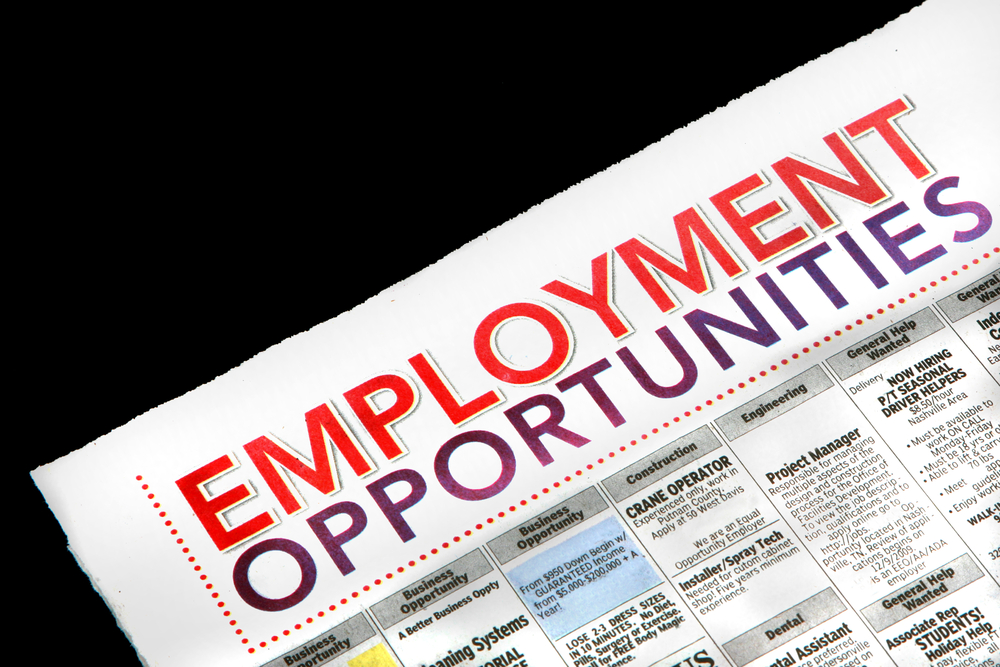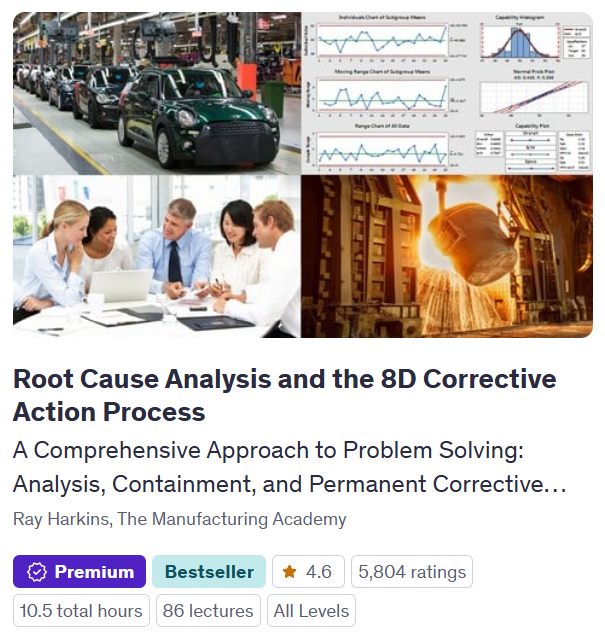Having worked in manufacturing quality for the great majority of my career, with a few tentacles into the field of reliability, I’ve considered many comparisons between the two fields, with of course, my unconscious biases favoring quality. One interesting comparison, for instance, is between job postings for similar positions in these related fields.
For instance, a simple scan of the major job sites and you will find far more organizations looking for quality technicians, engineers, and managers than their reliability counterparts. And when reviewing these job ads, you’ll find that the responsibilities associated with reliability job titles vary more wider than their quality counterparts.
Consider the title of “manager”. The job ads for quality managers look far more similar, and more abundant, than the ads for reliability managers. Most quality manager ads, especially those coming from manufacturing companies, mention auditing, calibration, quality systems, corrective actions, team building, and related hard and soft skills.
The reliability manager job ads also showed evidence of a common core of responsibilities. But these ads tended to describe a narrower set of common core tasks and a broader set of peripheral responsibilities than the quality manager ads. Some implied deeper connections to non-reliability, maintenance management activities like scheduling overhaul crews and verifying attendance. While others leaned more heavily toward typically quality-related or safety-related activities like implementing lean six sigma projects or ensuring compliance with OSHA safety standards.
But from my review of dozens of ads across multiple job sites, I’ve derived what I believe represents a reasonable set of core activities for a reliability manager working for a manufacturing organization:
- Developing and implementing reliability testing protocols: This may involve designing and conducting tests to identify potential sources of failure, as well as developing and implementing preventive and predictive maintenance protocols to address these issues.
- Analyzing data and trends: A reliability manager may be responsible for collecting and analyzing data on the performance and reliability of products and systems. This may involve identifying trends and patterns that can help to identify potential areas for improvement.
- Developing reliability standards and guidelines: A reliability manager may be responsible for developing and implementing reliability standards and guidelines that are used to ensure that products and systems meet required levels of reliability. This may include establishing testing protocols and requirements, as well as setting standards for the materials and components used in the production of products and systems.
- Providing training and guidance to teams: A reliability manager may be responsible for providing training and guidance to teams on reliability best practices and processes, in order to ensure that all team members are aware of and understand the importance of reliability in the organization.
Overall, the main function of a reliability manager is to ensure that the organization’s products and systems are reliable and able to function consistently over time, in order to improve customer satisfaction, and reduce costs associated with defects and failures. And while activities like scheduling maintenance personnel and monitoring safety protocols certainly help meet the same top-level objectives, shoe-horning these disparate activities into the job description of a reliability manager without addressing the core activities of the position may leave the organization in a vulnerable position.
When reliability professionals meet an organization’s reliability needs first, organizations benefit the most from their expertise.
Author’s Biography:
Ray Harkins is the Quality and Technical Manager for Ohio Star Forge in Warren, Ohio. He earned his Master of Science from Rochester Institute of Technology and his Master of Business Administration from Youngstown State University. He also teaches manufacturing and business-related skills through the online learning platform, Udemy.
Click on the following coupon codes to receive substantial discounts on his courses, or reach out to him via LinkedIn at linkedin.com/in/ray-harkins or by email at the.mfg.acad@gmail.com.
Reliability Engineering Statistics: https://www.udemy.com/course/reliability-engineering-statistics/?referralCode=C8CF07ACDEDF252A7C51
An Introduction to Reliability Engineering
An Introduction to Quality Engineering



